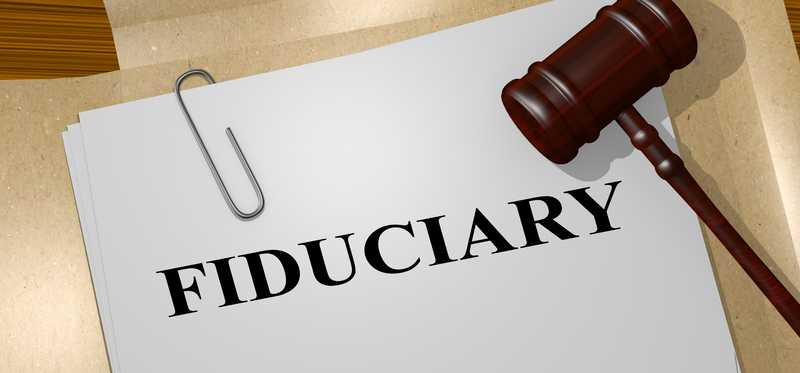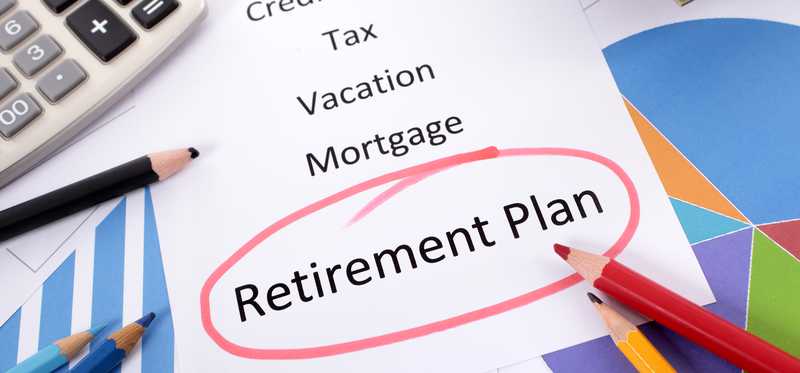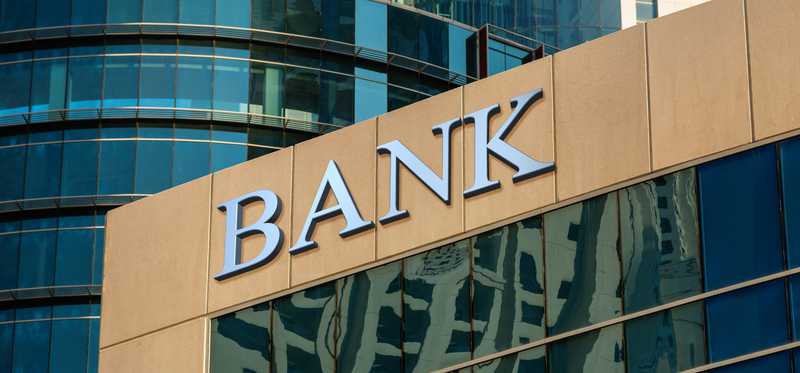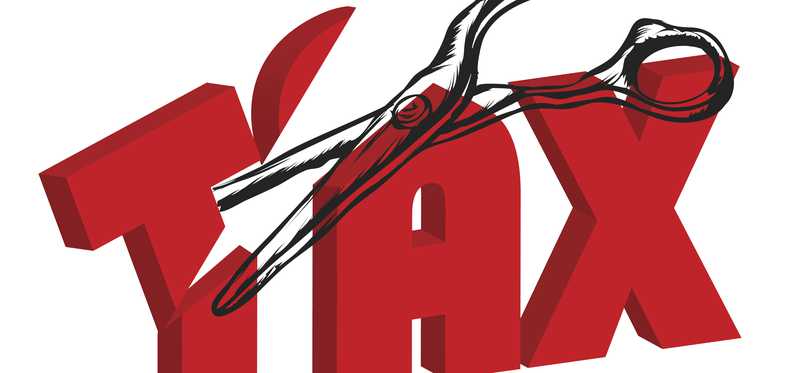13 Smart Questions Everyone Should Ask Their Financial Advisor

13 Smart Questions Everyone Should Ask Their Financial Advisor
What to know before you decide
Everyone needs a little help with some aspect of a financial plan. Whether it’s investing, tax planning, estate planning, debt management, or a myriad of other topics, money can be complicated. Asking for help from a professional financial advisor when you need it is certainly a better option than making a costly mistake that you don’t realize is a mistake until it’s too late to do anything about it.
Still, it’s important to go in eyes-wide-open to any engagement with a financial advisor. These 13 smart questions should be a part of what you ask anyone you’re giving access to your money in order to assure you know exactly what you’re getting in exchange for what you’re paying for those services.
Previous
Next

1. How do you get paid for your services?
This is a broader -- and better -- question than “How do I pay you?” It’s important that you understand all areas of your financial advisor’s compensation. They usually either get paid for their time, a fixed rate for a given service, a percentage of assets under management, a commission, or some combination of the above. A competent professional deserves to get paid for his or her time, but you should also get a fair deal and know exactly what you’re paying for what you get.
If you don’t ask that question, you may be paying substantial hidden fees without realizing it. For instance, several mutual funds and insurance policies have high embedded fees, some of which go to pay the representative selling the policy. You may not directly be paying the bill, but you are paying for it through those high costs that eat away at your potential returns.
Previous
Next

2. What's your own investment philosophy?
A good financial advisor will tailor advice to you based on your needs, rather than on his or her own perspective of how to invest. Still, it makes a great deal of sense to ask advisors how they think about managing their own money. That way, you can be on the lookout for strategies that are too aggressive, too conservative, or too complicated for your own personal needs.
It’s also comforting if you find an advisor that has a philosophy that’s compatible to your own. After all, one of the advantages of using a good advisor is the council you get when (not if) the market moves against you. If you’re in similar investments together when the market moves the wrong way, it makes that council all that much more relevant.
Previous
Next

3. How will you invest my money?
There really is no “one size fits all” strategy for investing, but there are still some very good guidelines that smart investment advisors will follow when building your plan. The best advisors will tailor a person’s investments to several factors important to that person, including:
- Age -- Investments appropriate for a retiree don’t always make sense for a 20-something (and the reverse is true, too).
- Risk tolerance -- No matter what the potential return, if you’re not comfortable holding a position because of its risk, it’s not the right one for you to hold. On the flip side, if your advisor is going to be too conservative for your needs, it could cost you in potential long term returns.
- Investing goals -- A person saving to buy a car in the next year or so will have a different set of appropriate investments than a person saving for a retirement that’s decades away.
- Available accounts -- Depending on what you’re investing for, you may have special accounts like IRAs (retirement), 529 plans (college funding), or HSAs (medical bills) that can provide tax benefits for you. While it’s never a good idea to let the tax impacts dominate your investing decisions, it is a good idea to be efficient in pursuit of your goals.
Previous
Next

4. What are your credentials?
There are very few requirements involved in becoming a financial advisor. The largest is that you have to register with the Securities & Exchange Commission or your state as an investment advisor. Many in the industry differentiate themselves with various credentials above and beyond the basic registration to help their credibility with clients.
The Certified Financial Planner (CFP) designation, for instance, requires its people to complete coursework, a certification exam, and have sufficient experience before using the title. It also requires its practitioners to adhere to a set of ethical standards, including the fiduciary standard that requires them to put your interests ahead of theirs.
The Chartered Financial Analyst (CFA) designation is another popular choice for those interested in focusing on investments. It too requires education, experience, an exam, and ethical standards for its practitioners and can help its people stand out in the minefield that is investment analysis and planning.
ALSO READ: 4 Dangerous Myths About Financial Advisors
Previous
Next

5. Are you a fiduciary?
The fiduciary standard requires a financial planner to recommend investments that he or she believes are in the best interest of the client. Those not held to the fiduciary standard are only required to recommend investments that are suitable for the client. That can make a huge diffe.rence in terms of where your money is invested and how much it costs you to make and maintain that investment.
For instance, a high commission, high churn, high ongoing fee growth oriented mutual fund might be judged suitable for an investment for a growth-oriented investor. It would be hard to argue that the fund would be one that a fiduciary would recommend for a client, given the fact that a fund like that would very likely significantly underperform an index fund
Previous
Next

6. What's included vs. what's extra?
If you’re paying your advisor to manage your money for you, you should expect some level of service for those fees. Still, many advisors charge extra for optional or more complicated services, or if they themselves need to call in an expert for details.
For instance, your financial advisor may include a “full written financial plan” as part of your services, but that doesn’t mean that executing the plan is included in what you’re paying. You might have to pay more, for example, to get a lawyer to write the will that’s recommended as part of the plan. Likewise, if your advisor recommends a trust for estate planning purposes, setting up and maintaining that trust may involve additional costs above that base fee.
Previous
Next

7. What's your succession plan?
As you’re dealing with a person that’s in the business of helping others plan for retirement, you should hope that your financial planner has his or her own future mapped out as well. That person should understand that his or her own career won’t last forever and should have a good plan in place to assure your needs are met once that future comes to pass.
That succession plan could be as simple as having a written strategy of how your money is managed today, what your goals are, and what the likely next steps or stages are along your financial plan. What matters is that you know you’re taken care of if your planner happens to leave the business whether by choice or by necessity.
Previous
Next

8. How will you consider my assets that you don't directly manage?
A good financial planner will recognize that your entire net worth won’t be tied up in money under his or her direct control. You may have things like a 401(k) at your work or a rental property or some other form of investment that doesn’t necessarily make sense to turn over to your planner.
A planner that’s only looking out for his or her own best interest instead of yours will pressure you into turning those assets over, likely to earn higher fees for managing more on your behalf. One that truly wants to partner with you will develop a plan that incorporates your full financial picture, including the money that you still control. You should expect to keep your planner abreast of the state of those other assets so that your end-to-end plan still works for you.
Previous
Next

9. What happens if I die or become incapacitated?
This question is one of the key reasons to consider engaging the services of a financial planner in the first place. Even if you are one of the smartest money managers in the world, there will come a time when you aren’t, either through your passing or potentially through cognitive decline. You want your money to either be there to provide for your care in your decline or to efficiently transfer to those you care about once you’re gone.
A strong financial planner will be able to help you with both a good estate plan and with solid strategies for protecting your money from unethical characters that would take advantage of the elderly. Note, though, that even the best financial planner can only provide you with so much protection from your own choices. It is, after all, your money, and unless you’re found mentally incapacitated, you will have the ultimate say over where your money goes.
Previous
Next

10. How often will we meet?
Especially early in your working relationship, you will want to keep closely connected with your financial advisor. Once you’ve established a solid plan, things can be more on autopilot, but you’ll still want regular touchpoints. After all, life happens, and the more in touch you and your financial planner are, the easier it will be to adapt your plan to the other changes in your life and priorities.
As a result, most decent planners will likely want to meet with you at least twice a year. That provides a reasonable balance between adapting to changes in your life while not being so overly reactive to daily changes in the market. Even with that regular checkup, your advisor should have something of an open door policy and be willing and able to meet with you more frequently as your needs and conditions change.
Previous
Next

11. Where will my money be held?
Your investment advisor will likely work with a brokerage, bank, insurance company, or other financial business that will act as a custodian for your money. That relationship should be clear and transparent, and you should always have the ability to connect with the custodian directly to see the value of your account instead of relying on the advisor.
Any advisor that won’t share that custodian information, that insists on being the only go-between with the custodian, or acts as his or her own custodian is one to be avoided. Indeed, one of the big telltale problems in the Bernie Madoff Ponzi Scheme was the fact that the custodian of the Madoff accounts wasn’t well equipped to transparently handle those accounts.
Previous
Next

12. How do you measure success?
A strong financial advisor will measure success based on how well your plan is progressing against the goals you laid out when you set it up. That advisor should also be willing to share how you’re performing against a relevant benchmark that depends on your timeline and risk tolerance for those goals. If your performance is significantly off track vs. your goals or the benchmark, that advisor should be willing to work with you to come up with strategies to try to get you back on track.
The right benchmark is rarely just “am I keeping up with the market?” Indeed, that is only a reasonable benchmark for your longer term financial goals and only if your risk tolerance will let you be heavily invested in stocks. For your more immediate needs or if you’re not comfortable with the volatility of a stock-heavy portfolio, a more conservative benchmark should be used. “Am I keeping up with inflation?” might be the right benchmark for money you expect to spend in the next few years, for instance.
ALSO READ: Should You Fire Your Financial Advisor? Five Red Flags
Previous
Next

13. How will you manage my accounts for taxes?
A key rule in financial planning is to not let the tax tail wag the investing dog. After all, a very easy way to keep a person’s tax burden down is to lose a lot of money investing, and on the flip side, taxes are ultimately a sign of a profitable investment move. That said, there’s a wide latitude between completely ignoring taxes and managing exclusively around the tax implications of moves, and a decent advisor should be willing to follow a decently balanced strategy.
In addition to individual investment choices and their tax implications, a decent planner should be able to help you leverage tax-advantaged accounts. For retirement planning, there are accounts like traditional and Roth IRAs and 401(k)s. For college planning, there are accounts like 529 plans. Each of those accounts have advantages and disadvantages, and a good planner will help you figure out how to balance your investments across account types to give you a decent shot at end-to-end success.
Previous
Next

It's your money -- hire the right person to help you with it
Ultimately, any person you hire to help you build and execute your financial plan is providing you a service. While that person may be the most trustworthy person in the world, you won’t know that for sure until it’s too late to do anything about it. Asking these 13 questions as you’re starting your relationship will help you get a better feel for whether your potential advisor is one you want to do business with.
After all, it’s your money -- and the future that money represents -- that you’re entrusting to your advisor. You want to know that your advisor is truly looking out for you. All investing involves risk and uncertainty, and the right advisor for you is one that can help you manage that uncertainty in a way that’s compatible with you while still moving forward towards your goals.
The Motley Fool has a disclosure policy.
Previous
Next
Invest Smarter with The Motley Fool
Join Over Half a Million Premium Members Receiving…
- New Stock Picks Each Month
- Detailed Analysis of Companies
- Model Portfolios
- Live Streaming During Market Hours
- And Much More
READ MORE
HOW THE MOTLEY FOOL CAN HELP YOU
-
Premium Investing Guidance
Market beating stocks from our award-winning service
-
The Daily Upside Newsletter
Investment news and high-quality insights delivered straight to your inbox
-
Get Started Investing
You can do it. Successful investing in just a few steps
-
Win at Retirement
Secrets and strategies for the post-work life you want.
-
Find a Broker
Find the right brokerage account for you.
-
Listen to our Podcasts
Hear our experts take on stocks, the market, and how to invest.
Premium Investing Services
Invest better with The Motley Fool. Get stock recommendations, portfolio guidance, and more from The Motley Fool's premium services.